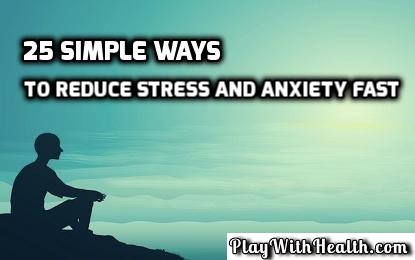Reducing stress and anxiety can involve a variety of strategies that promote relaxation, mindfulness, and overall well-being. Here are 10 effective ways to achieve this:
- Practice Deep Breathing: Take slow, deep breaths to calm your nervous system. Deep breathing helps reduce stress by increasing oxygen flow to the brain and stimulating the parasympathetic nervous system.
- Exercise Regularly: Physical activity is a powerful stress reliever. It promotes the release of endorphins, which are natural mood lifters, and helps to reduce cortisol levels.
- Practice Mindfulness Meditation: Mindfulness meditation involves focusing your attention on the present moment without judgment. This practice can help you manage stress and anxiety by increasing awareness and promoting relaxation.
- Establish a Routine: Creating a daily routine can provide a sense of structure and predictability, which can reduce feelings of stress and anxiety.
- Get Enough Sleep: Lack of sleep can contribute to increased stress and anxiety. Aim for 7-9 hours of quality sleep each night to promote mental and emotional well-being.
- Limit Caffeine and Alcohol: Both caffeine and alcohol can exacerbate feelings of stress and anxiety. Limiting your intake, especially in the hours leading up to bedtime, can help improve your overall mood and sleep quality.
- Connect with Others: Social support is important for managing stress. Spend time with friends and loved ones who make you feel good and provide a sense of belonging.
- Practice Gratitude: Taking time to reflect on things you are grateful for can shift your focus from stressors to positive aspects of your life. Consider keeping a gratitude journal or simply making a mental note of things you appreciate.
- Set Boundaries: Learn to say no to requests that may cause you stress or overwhelm. Setting boundaries can help you prioritize self-care and prevent burnout.
- Engage in Relaxation Techniques

